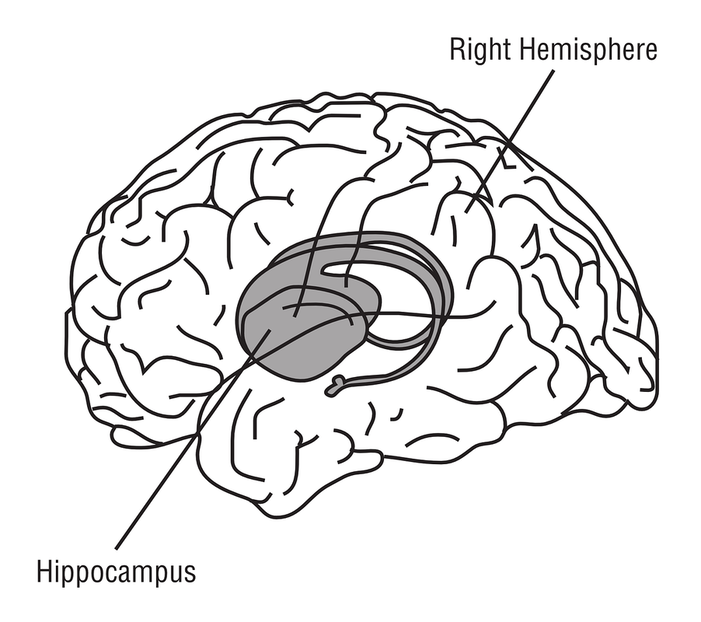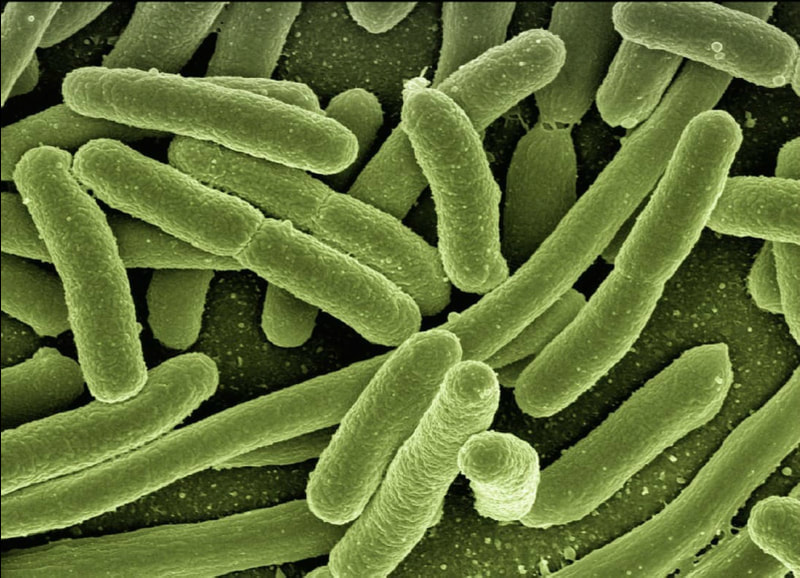Another Reason to Exercise?
Exercise has long been proven to provide numerous health benefits. Whether to build muscle, lose weight, or simply enjoy for the fun of it, people have various reasons for exercising. Now, researchers have found another reason to engage in exercise. They have concluded that one can improve memory function by participating in even mild activity.
In a study published in the Proceedings of the National Academy of Sciences, researchers found that activity levels may impact memory based on a research done on 36 young healthy adults. To assess the impact of short-term exercise on the brain mechanisms involving memory pathways, researchers used high resolution, functional MRI techniques to study the hippocampus. The hippocampus is a region of the brain critical for memory creation and formation. Improving the function of this region can prove to be beneficial as the hippocampus is one of the first regions of the brain to deteriorate as people age.
In a study published in the Proceedings of the National Academy of Sciences, researchers found that activity levels may impact memory based on a research done on 36 young healthy adults. To assess the impact of short-term exercise on the brain mechanisms involving memory pathways, researchers used high resolution, functional MRI techniques to study the hippocampus. The hippocampus is a region of the brain critical for memory creation and formation. Improving the function of this region can prove to be beneficial as the hippocampus is one of the first regions of the brain to deteriorate as people age.
Image Source: OpenClipart-Vectors
Using MRI, the team analyzed the adults’ brains shortly after exercise sessions and noticed improved connectivity between parts of the brain designated for memory storage and formation, otherwise known as the hippocampal dentate gyrus and cortical areas. High levels of enhanced connectivity led to an observed increase in the subjects’ ability to recall memories compared to those who lacked enhanced connectivity. While there is established research on how exercise generates new brain cells in memory associated regions, this study sheds light upon strengthened communication—a more direct and immediate impact—between memory regions of the brain.
Moreover, the team is looking to expand on this research by conducting tests on older adults who are more at risk of age-related mental impairment. By organizing long-term interventions, the researchers want to see if light exercise done regularly for an extended period of time can have a beneficial effect on the brain's structure and function.
Exercise has proven time and time again to be beneficial for the body and mind, both in the short and long term. Even low intensity activities such as yoga or tai chi can help improve one’s state of mind. A little bit of activity a day can prove to be tremendous in the long run for the health of one’s body and mind.
Moreover, the team is looking to expand on this research by conducting tests on older adults who are more at risk of age-related mental impairment. By organizing long-term interventions, the researchers want to see if light exercise done regularly for an extended period of time can have a beneficial effect on the brain's structure and function.
Exercise has proven time and time again to be beneficial for the body and mind, both in the short and long term. Even low intensity activities such as yoga or tai chi can help improve one’s state of mind. A little bit of activity a day can prove to be tremendous in the long run for the health of one’s body and mind.
Featured Image Source: skeeze
RELATED ARTICLES
|
Vertical Divider
|
Vertical Divider
|
Vertical Divider
|






